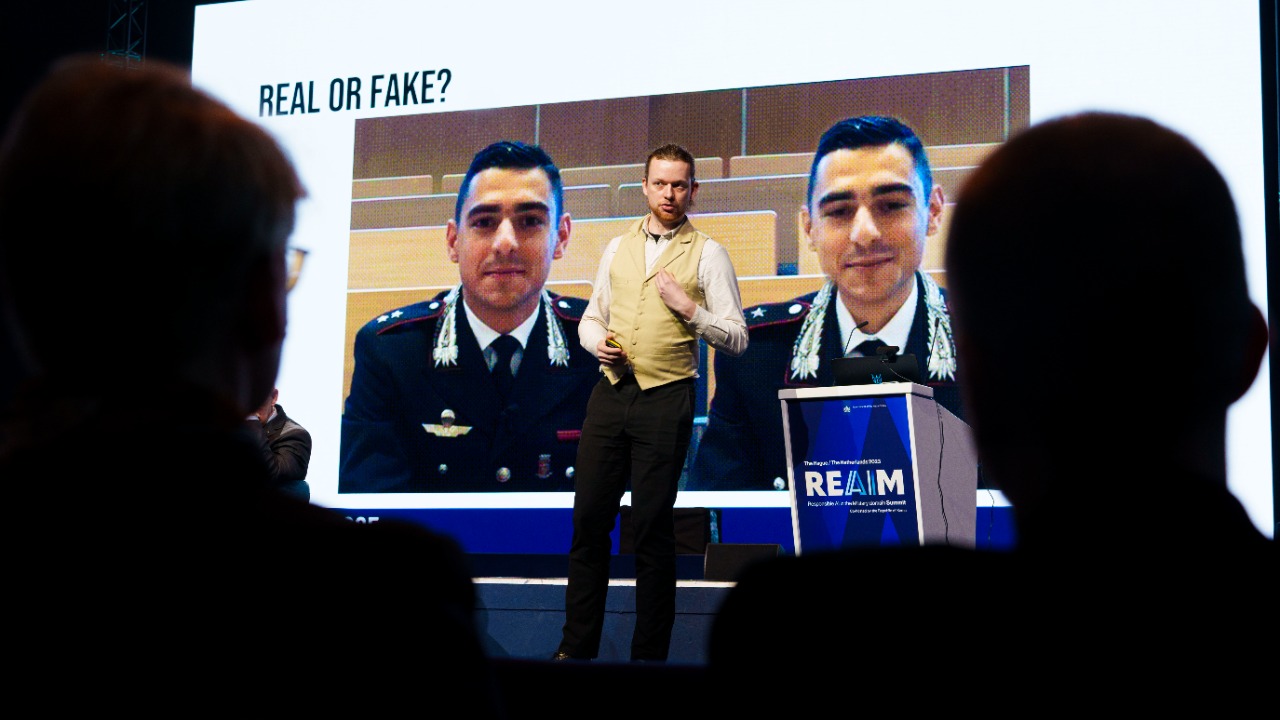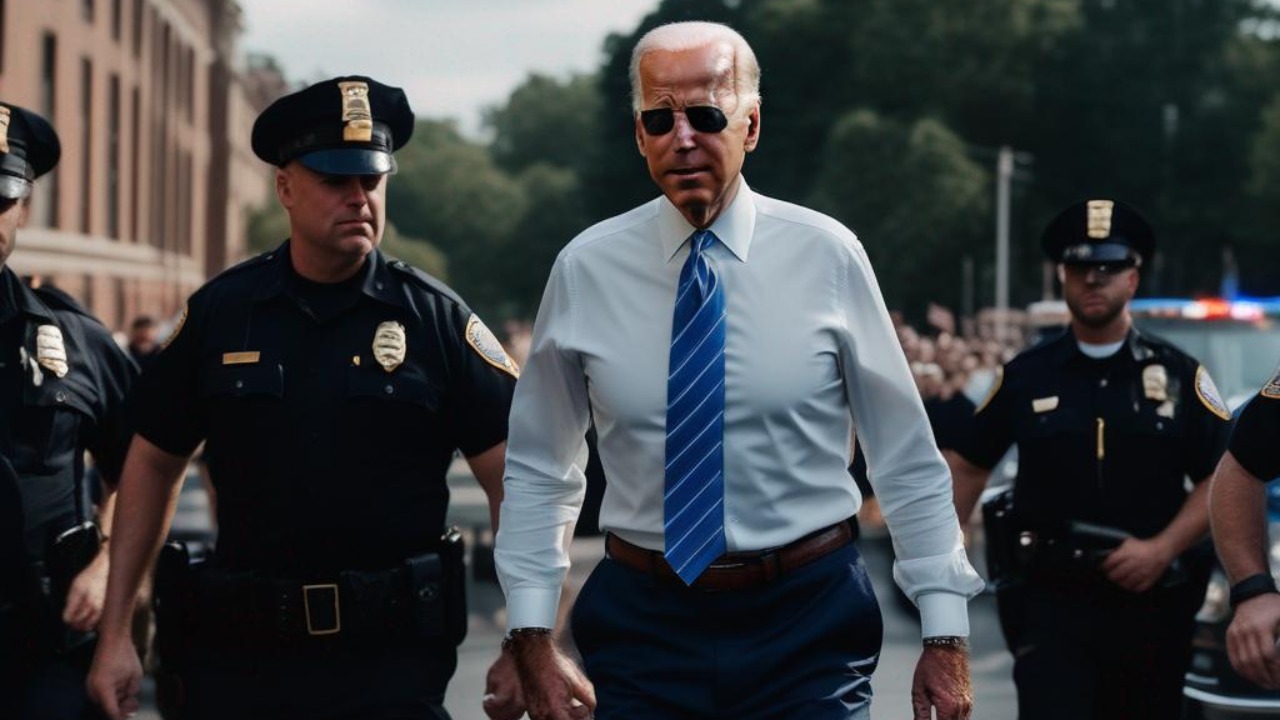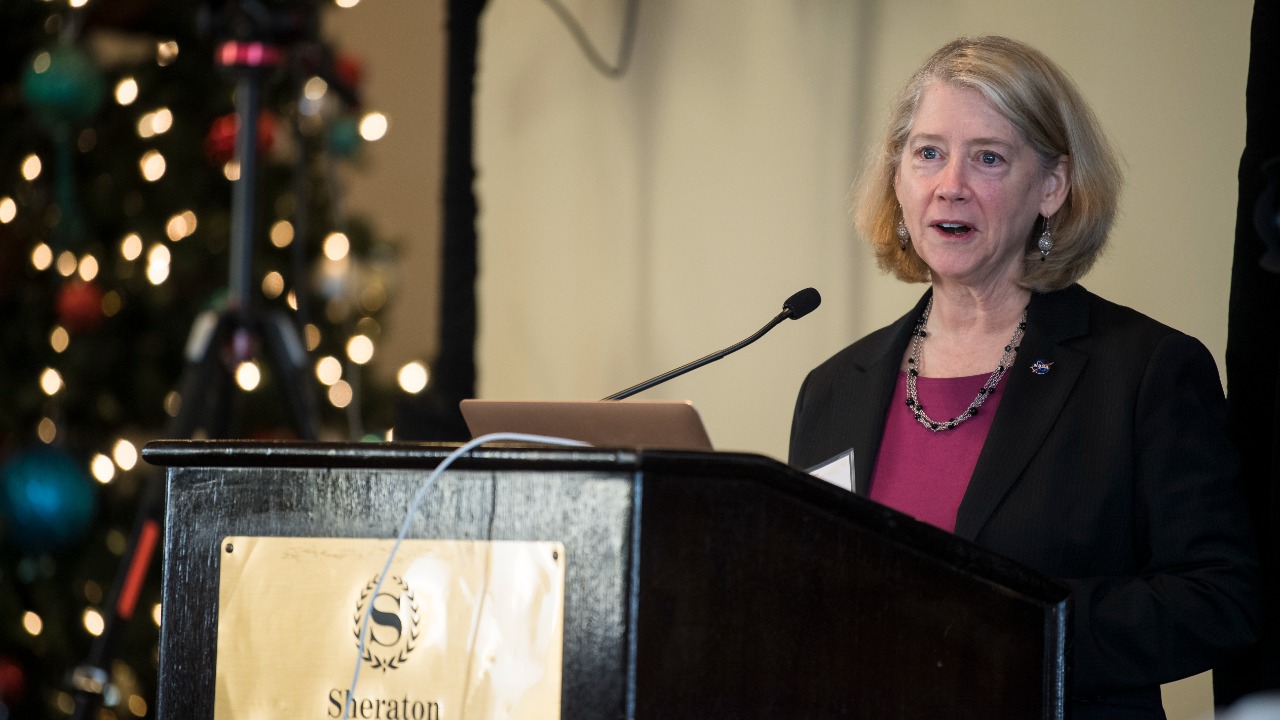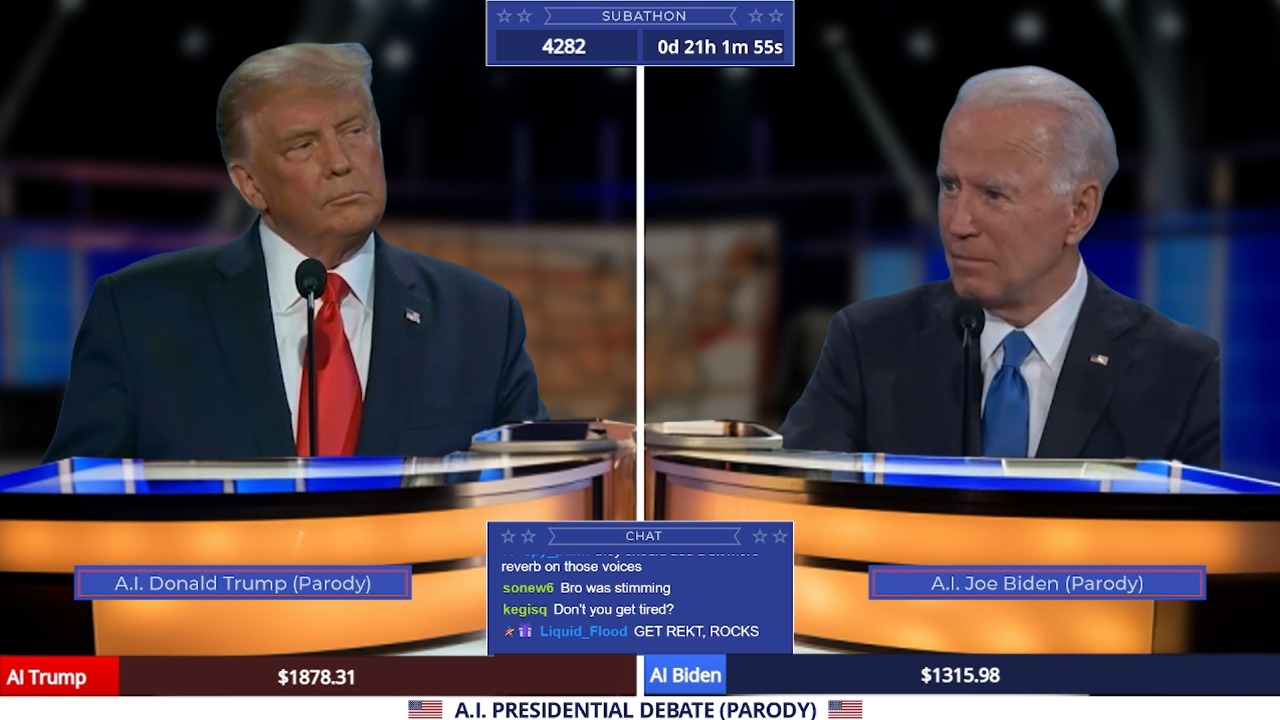
Deepfake technology, which uses artificial intelligence to create hyper-realistic fake videos, poses significant threats to political landscapes worldwide. As these digital manipulations become more convincing, their potential to deceive, misinform, and destabilize political systems grows, raising alarming concerns about the integrity of democratic processes.
The Rise of Deepfake Technology

Deepfakes have rapidly evolved since their inception, primarily due to advancements in artificial intelligence and machine learning. Initially, deepfake technology was a niche interest within academic and tech communities. However, as the algorithms improved, the ability to create hyper-realistic videos became accessible to the general public. Today, anyone with basic computer knowledge can produce startlingly convincing deepfakes using readily available software. This democratization of technology, while innovative, also carries significant risks, especially in the context of political manipulation.
The development of deepfake technology has been driven by a diverse group of individuals and organizations. On one hand, we have tech companies investing in AI research to push the boundaries of digital creativity. On the other hand, there are adversarial state actors who see deepfakes as a tool for espionage and propaganda. The involvement of these key players underscores a growing need for vigilance and regulation in the tech space. Breakthroughs in neural networks and generative adversarial networks (GANs) have been pivotal in enhancing the quality and realism of deepfakes, making them increasingly difficult to detect.
Political Manipulation and Misinformation

One of the most pressing concerns regarding deepfakes is their potential use in election interference. As elections hinge on public trust and accurate information, deepfakes can be weaponized to sway voter opinion and undermine democratic processes. For instance, a fabricated video of a candidate making controversial statements could easily spread across social media, influencing public perception and potentially altering the outcome of an election. This threat is not hypothetical; it has already been a topic of discussion in various political circles. Local political campaigns in the United States have seen instances where deepfakes were considered as tools for both positive storytelling and negative campaigning.
Character assassination is another domain where deepfakes pose a significant threat. Political figures are often the targets of deepfake videos designed to damage their reputations. These videos can depict individuals in compromising situations or make them appear to say things they never said. Such manipulations can lead to public outrage, loss of credibility, and even career-ending scandals. Furthermore, deepfakes are increasingly being used in strategic disinformation campaigns. By spreading false narratives and propaganda, they can muddy the waters of public discourse, making it difficult for citizens to discern truth from fiction.
Impact on National Security

Deepfakes also pose a grave threat to national security. Hostile actors can leverage this technology to create videos that incite violence, disrupt international relations, or spread panic. For instance, a deepfake video depicting a world leader declaring war could lead to chaos and confusion on a global scale. The potential for such scenarios necessitates a robust response from governments and international bodies. However, the challenge lies in the detection and attribution of deepfakes. As the technology becomes more sophisticated, distinguishing real from fake becomes increasingly difficult, posing a significant challenge for security agencies worldwide.
Current policies and legislative efforts aimed at regulating deepfake technology are still in their infancy. While some countries have begun to draft laws addressing the misuse of deepfakes, the pace of legislative action often lags behind technological advancement. There is a pressing need for comprehensive policies that not only address the creation and distribution of deepfakes but also protect national interests. In Canada’s security landscape, deepfakes are recognized as a potential threat to national security, requiring coordinated efforts to mitigate their impact.
Ethical and Societal Implications

The proliferation of deepfakes is eroding public trust in media and information sources. As more deepfakes circulate, the line between fact and fiction becomes increasingly blurred, leading to skepticism and confusion among audiences. This erosion of trust poses a significant challenge to journalists and media organizations striving to maintain credibility and deliver accurate information. The ethical implications of deepfake technology extend to issues of freedom of expression. While there is a need to regulate harmful deepfakes, such regulation must be balanced against the preservation of free speech. This presents ethical dilemmas that require careful consideration and nuanced solutions.
On a societal level, deepfakes have the potential to exacerbate social divisions and fuel political polarization. By spreading false information and manipulating public perception, they can deepen existing divides and create new ones. The implications for democracy are profound, as a misinformed or divided electorate is less likely to engage in constructive political discourse. A study published on CEEOL highlights how deepfakes contribute to societal tensions and urges for a proactive approach in addressing the issue.
Combating the Deepfake Threat

To combat the threats posed by deepfakes, significant efforts are being made in the development of detection technologies. Researchers are working on advanced AI and machine learning tools designed to identify the subtle inconsistencies and anomalies that often characterize deepfake videos. These tools are crucial for media organizations, security agencies, and social media platforms in their efforts to verify the authenticity of digital content. However, technology alone cannot solve the deepfake problem. Public awareness and education play a vital role in mitigating the risks associated with deepfakes. By educating the public about the existence and capabilities of deepfakes, individuals can be encouraged to consume digital content critically and remain vigilant against misinformation.
International cooperation is essential in addressing the global challenge posed by deepfakes. Countries must collaborate to develop standards, share intelligence, and implement strategies to mitigate the risks of deepfake technology. By fostering a coordinated global response, we can better protect democratic processes and maintain the integrity of political systems. The Canadian Security Intelligence Service emphasizes the importance of international collaboration in developing effective countermeasures against deepfakes.